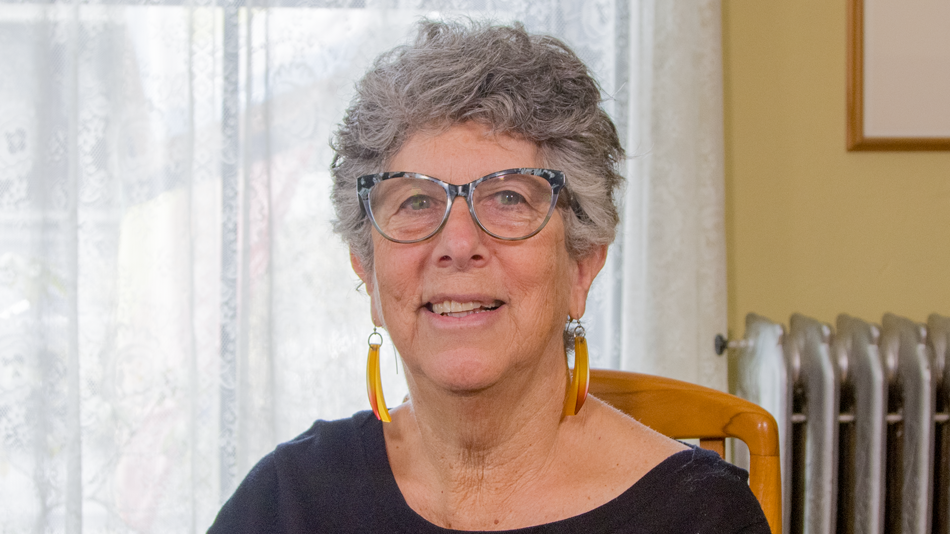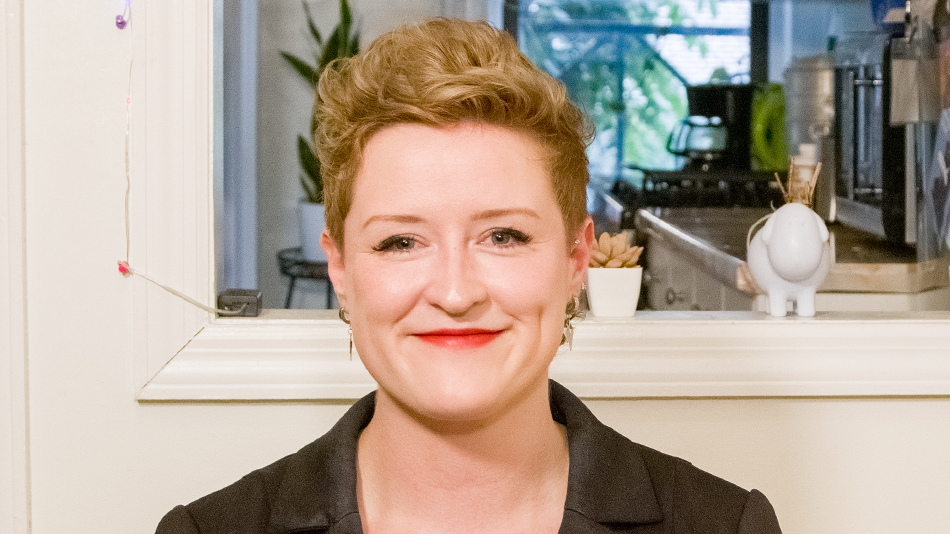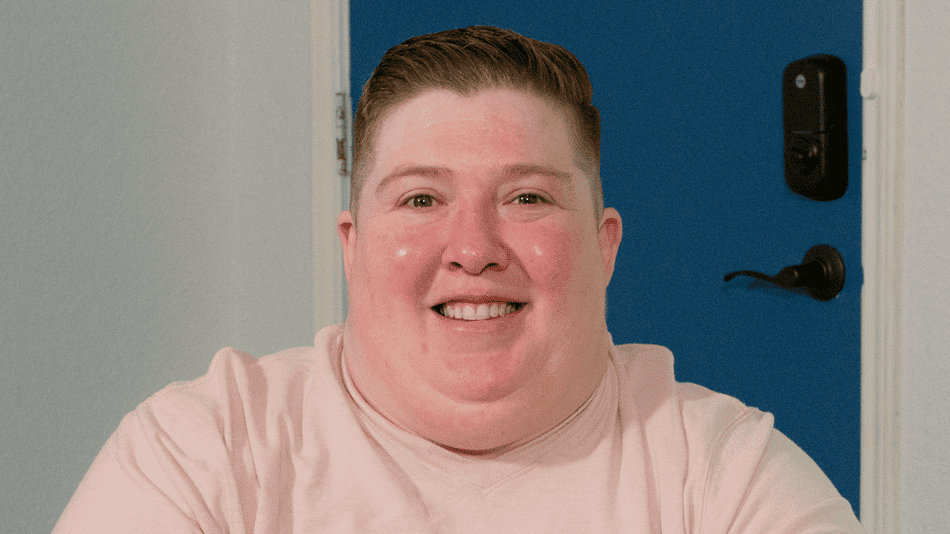My name’s Alexa Espinal and I’m from New York City. I recently came to Mississippi about four months ago to teach. I’m teaching middle school art, so I teach 6th, 7th, and 8th grade. It’s been eight weeks now and it was interesting being a young person, because I’m obviously really young, and coming from New York City and then asserting this kind of power and being in this place where you are not really connected to the culture, plus I don’t necessarily–I am a colored person but don’t racially identify with–they still don’t know what I am, and trying to, where in this state it’s kind of very black and white and the in between is strange. And for students it’s hard for them to gauge that. So it’s my second week of school and I’m still figuring out how to navigate this new realm that I’m in, this new place, this new position, and I have to walk all of the students in a line to the bathroom so there’s some waiting time. And as other students are using the bathroom, these two kids, these two students break out in a fight kind of, not a fight but just like a tiff between the two and they’re like, “You’re gay, you’re gay, you’re gay.” And I was just like, how do I address this knowing that I can get fired for being gay in Mississippi, which is a huge thing. And then on top of that knowing that there is like this religious thing, how do I then say anything about it. But I knew I had to say something. Something needed to be said. So I was like, “We’re not going to speak about being gay in a negative way because it’s not negative and we’re not going to use that word in that kind of way, we’re not going to use that language.” And this one kid kind of straightened up, looks forward and he’s like, “Okay, I’m not going to do it.” And this other kid, this other student blurted out, “Well, no, it’s a sin, being gay is a sin, it’s wrong.” And I didn’t know what to say at that point. And I just knew that I couldn’t push too much especially since it’s my second week, I’m not trying to cause huge waves either, and I was just kind of like,”Well, we’re not using that word in a negative way” and kind of just shut it down there. So he just straightened up and we ended up going back to the classroom. Time passes on and I still hear it every now and again. And the first time I saw maybe like a small light was, this one kid decided to say it in my classroom, the word comes up again and these two boys start saying, “You’re gay, you’re gay” and all I did was give a look and this one student says, “We’re not using that type of language.” And I was like, yeah, that’s amazing, and I’m planting a seed and something’s happening, there’s going to be change, it’s just going to take some time. I think it is important to always respect where people come from and understand that everybody has a different background, has different beliefs. So the only way to really create any type of change is to meet them where they are, meet them with what they know, and try to not change the way they think, but maybe change the framing of what they’ve seen especially when you’re dealing with young students. So by not reprimanding him in a kind of way or saying, “You’re wrong” just saying, “That’s just not the, that’s not the word to use, we’re not using that word in a negative way and that word isn’t negative.” And hopefully students will feel a lot more comfortable, any students that are maybe struggling with sexual identity that they can see that they can come to me, I’m an ally I’m someone that they can speak to.
New Teacher Shuts Down Homophobic Language In Classroom.
by Alexa Espinal








Share